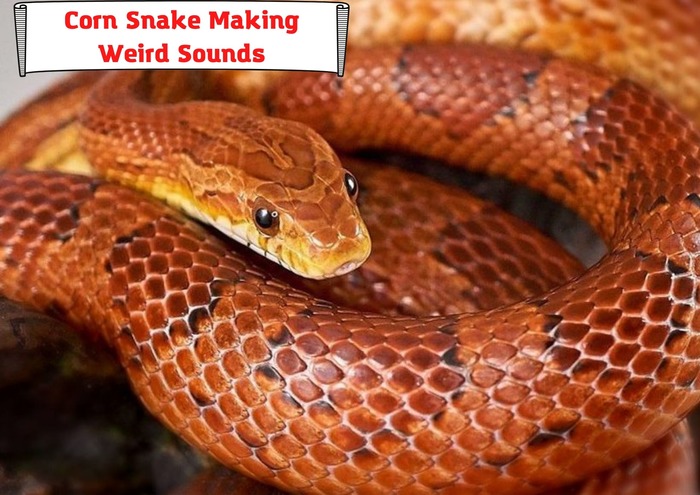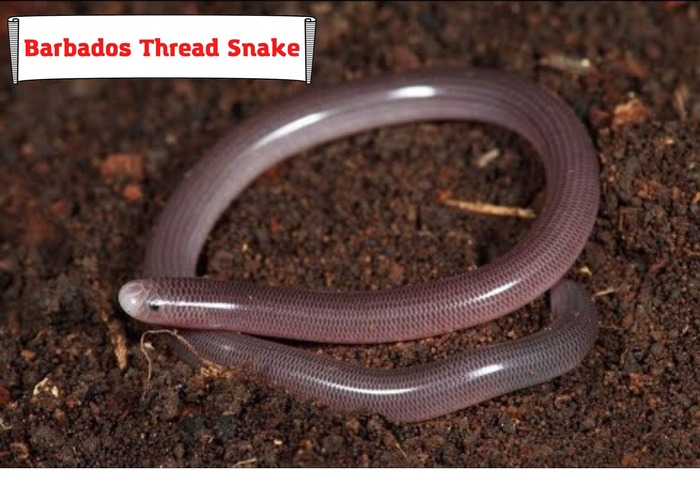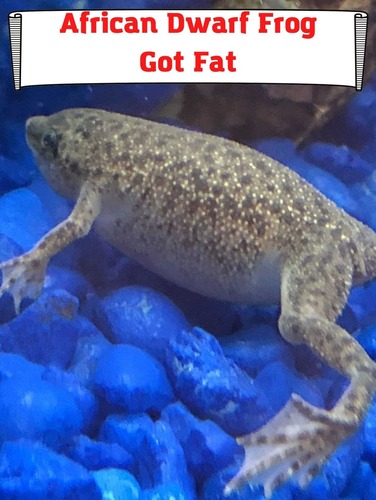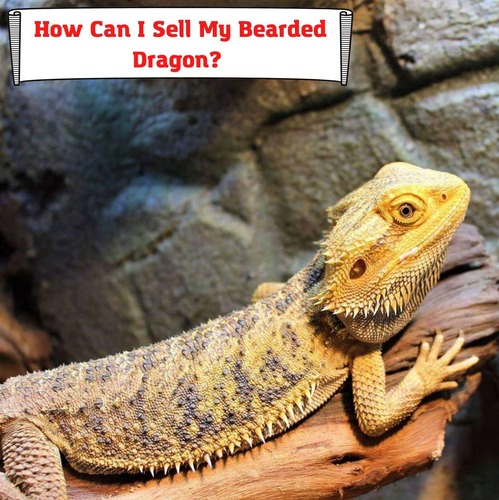
Owning a bearded dragon can be fulfilling until you have strong reasons to let it go. The reasons can include migration, change in living conditions, or others. In times like these, selling may be the likely option. So you could find yourself thinking: “How can I sell my bearded dragon?”
This article discusses trustworthy avenues and advice for selling your bearded dragon.
The Bearded Dragon
Bearded dragons are native to the Australian deserts. Of all eight species, the pogona vitticeps, also known as the ventral bearded dragon, is the tamest pet bearded dragon. But, in fact, human homes are not the ideal habitats for this exotic species of reptiles.
How can I sell My Bearded Dragon?
Selling your bearded dragon is relatively easy. The options are endless. You can offer to sell to your neighbor, an exhibition center in your town, social media platforms on the internet, and more.
You can sell to pet stores, breeders and buyers online. Below is a concise explanation of how to sell your bearded dragon.
Online Sale

There are many platforms to sell goods online. These platforms are of different types. Some are quick solution platforms where you can sell without being a long-term seller. They’re made with a specific focus on the sale of pets and reptiles.
Others are general. Examples include the popular social media platforms where you can offer and conclude the deal personally with the buyer. A downside of specialized sites is that you may be charged fees for using their services. Also, you may be required to pay extra to reach a wider audience.
Social media platforms and forums are also a great alternative to specialized sites. They do not usually charge you for putting up a sales offer.
A few cautions are helpful for this option. It would be best to avoid exchanging cash or checks, whether in person. If you have to meet to deliver the bearded dragon, choose a public place such as a restaurant or the parking lot of a supermarket.
Selling To Pet Stores
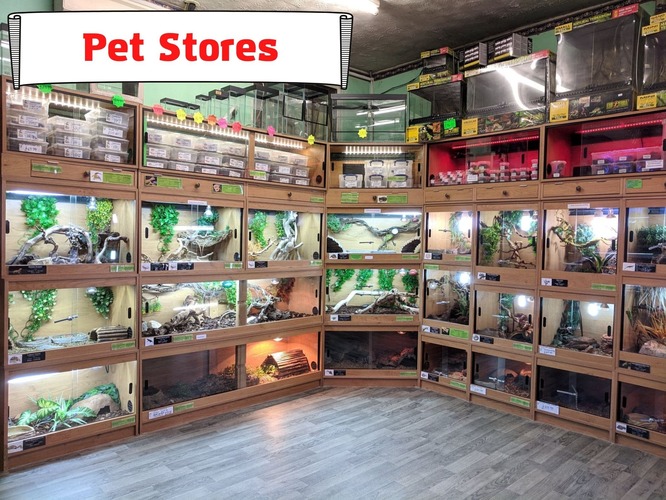
Pet stores are retail businesses that sell animals of different species to the public. In addition, they also sell pet food, medication, animal supplies, accessories, etc.
Examples include the popular Petco, PetSmart, and many local pet stores in your neighborhood.
The great thing about this option is that the pet stores pay quicker than other buyers because they have a steady supply of buyers too. But you will have to agree to a cut from the sale price because they also have to profit from selling.
You can breed many bearded dragons to sell to pet stores if you’re interested in getting your profit up. Although this requires a lot of expertise and resources, the benefits will pay off.
Selling to a Breeder
Breeders are a great option to consider when you want to sell your bearded dragon. Asking your vet for recommendations is one sure way to get in touch with good breeders in your area. You can also check breeders by yourself.
Breeders are more likely to buy your bearded dragon if it is mature enough for breeding purposes. Also, a breeder may refer you to a pet store he supplies or another breeder who may be interested in your offer if they’re not.
If you’re unsure about finding trustworthy breeders, attend regional expos and join reptile enthusiast groups. The expo will enable you to meet buyers with competitive offers if you plan to sell more than a few bearded dragons.
It would also help to speak to owners of local reptile enterprises. They get supplies of their reptiles from breeders. So, there is a great chance they know a breeder or two who may be willing to buy a pet from you.
Reasons You Should Not Sell Your Bearded Dragon
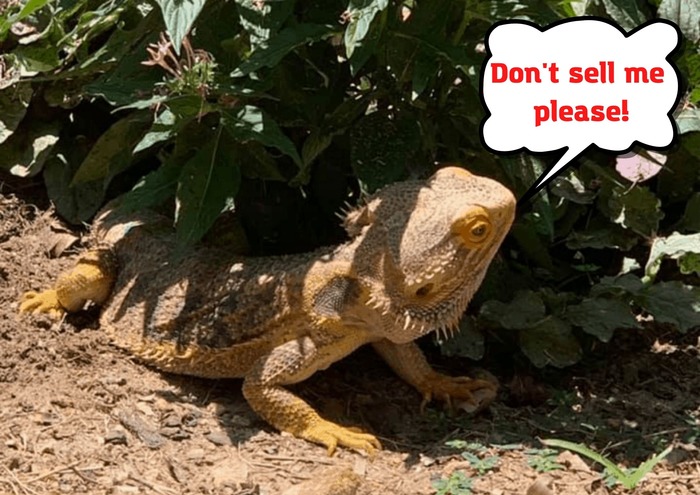
These reasons range from the legality of the sale to public health concerns and the likelihood of the buyer’s poor breeding practices. These and more are discussed below.
The Question of Legality of the Sale
In many states in the US, state laws require you to have a license for selling animals as pets. In others, selling bearded dragons is legally prohibited, and the question of a permit does not arise at all.
For example, in New York, you may sell without a license if done on a small-scale hobby basis. But in Hawaii, selling, buying, or even owning a bearded dragon is illegal. You can face penalty fines of up to $200,000 and imprisonment in violation of this law. But you may deliver up your bearded dragon to the authorities without fear of prosecution.
The rationale behind these restrictive laws usually includes the protection of the ecosystem of that state and public health risks.
Cruel Breeding Practice For Big Suppliers
The cruel breeding practices of reptile mills is another strong reason you should not sell your bearded dragons. The Animal Welfare Act excludes ectothermic animals, which means they are not regulated by the Federal Government. This makes them vulnerable to cruel and questionable breeding practices.
Private investigations reveal that bearded dragons are subject to abuse in many forms. Overcrowding, malnourishment, and gruesome mating practices such as putting very young females with large males are a few of the forms of these abuses.
When you sell your bearded dragon to big stores on the internet, you invariably support a business that thrives on animal cruelty. These big stores are only in it for the money. So they are usually indifferent to the plight of the bearded dragon. They do not invest in the animal’s happiness because it is not a pet for them; it is a commodity to be exchanged for money and nothing more.
The Perspective of Public Health Concerns
Salmonella infections in humans usually come from keeping reptiles around. The bearded dragon is no different. The bacteria called salmonella can be found in the digestive tracts and even waste droppings of your bearded dragon. Salmonella infection can cause serious illness and even death. The worst part is that it is easily spread by anyone who touches the bearded dragon or its enclosure.
It would be best not to sell your bearded dragon, especially to someone who does not know the health risks involved in keeping them. This is important because ignoring health concerns puts the public at risk as children, especially under the age of five, are the most vulnerable.
The Inefficiency of Artificial Systems
Bearded dragons, unlike many other reptiles, shed their skin. This and many other characteristics of the bearded dragon emphasize the need to be in the wild because artificial systems are always inefficient for their survival.
In their natural habitat, bearded dragons live up to 10 or even 15 years. But in artificial systems, they do live shorter lives. And this should make you think twice before having a beardie as a pet or before selling it to someone who doesn’t know how to care about it.
Selling your bearded dragon may ultimately lead to its demise. This demise may be caused by the inefficiency or uncontrolled management of external heat sources, wrong diet, nutrition, etc.
If they do not die within the first year, they are guaranteed to suffer serious health complications such as bone infections and ailments from calcium deficiency, respiratory complications, ulcers, etc. These problems cannot be severed from the inefficiency of artificial breeding and housing systems. When you sell your bearded dragon to breeders or buyers who are unaware of these risks, the animal is sure to have a painful existence before its inevitable death.
Final Thoughts
Selling your bearded dragon is something you want to think carefully about. This article has discussed them in detail. It has also highlighted reasons you may wish to change your mind.
Whatever decision you make, ensure it protects the happiness of your bearded dragon and guarantees a meaningful life for it. If it helps, donating it to an animal rescue or a wildlife conservation center could be the best option.
- Dubia Roach Egg Sack: How To Understand if It’s Healthy? - January 2, 2023
- How To Feed African Dwarf Frog While on Vacation? - December 26, 2022
- Baytril for Bearded Dragon: Here’s What You Should Know - December 19, 2022
